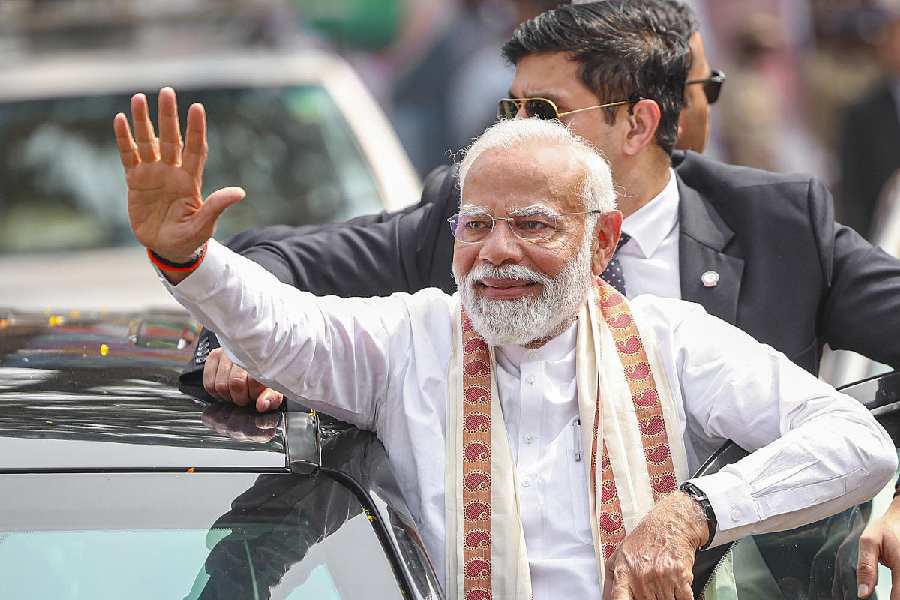For three days last week, the world held its breath at the prospect of a new conflict after Iran fired missiles into Pakistan’s Balochistan, and Pakistan responded with its own military strikes across the border. Yet, even as much of the international community called for calm and urged both sides to pull back from any escalation, the Indian ministry of external affairs appeared to justify Iran’s attack on Pakistani soil, saying it understood the rationale for Tehran to act against terrorist infrastructure in another nation’s territory if it felt threatened. For now, the tensions between Pakistan and Iran are no longer on the boil, with the neighbours committing to de-escalate matters, although their broader border differences remain intact. Yet, India’s response to the Iranian attack raises questions that could complicate its responses to subsequent crises around the world, including when New Delhi might be involved. To be sure, India has long argued that Pakistan’s State support for terrorism, which includes funding and training of armed groups, not just remains a fundamental challenge in relations between New Delhi and Islamabad but is also a cause for deep concern for Iran and Afghanistan. Indeed, Pakistan-based terror groups have threatened both Iran and Afghanistan. Jaish al-Adl, the group that Tehran claims it targeted, had taken responsibility for the killing of 11 Iranian security personnel in a December attack on a police station in the Iranian town of Rask.
But India must not forget another cornerstone of its international relations doctrine: respect for the territorial sovereignty and integrity of all nations. Extraterritorial killings, whomever the target might be, represent a breach of that policy. India’s position on the cross-border attacks risks weakening its ability to stand by that principle in other global hotspots. Israel and Iran, for instance, frequently target enemies across border lines even if these raise the prospects of escalation. Would India justify the United States of America, or other military powers like China and Russia, engaging in targeted, cross-border military strikes that, they say, are pre-emptive? And how would India respond if its own territory were targeted in this manner? India rightly argues for all nations to uphold international law because that also benefits New Delhi’s strategic calculus. It must not deviate from that for short-term convenience or to score brownie points. A rules-based order that is applied only selectively strengthens neither rules nor order.











